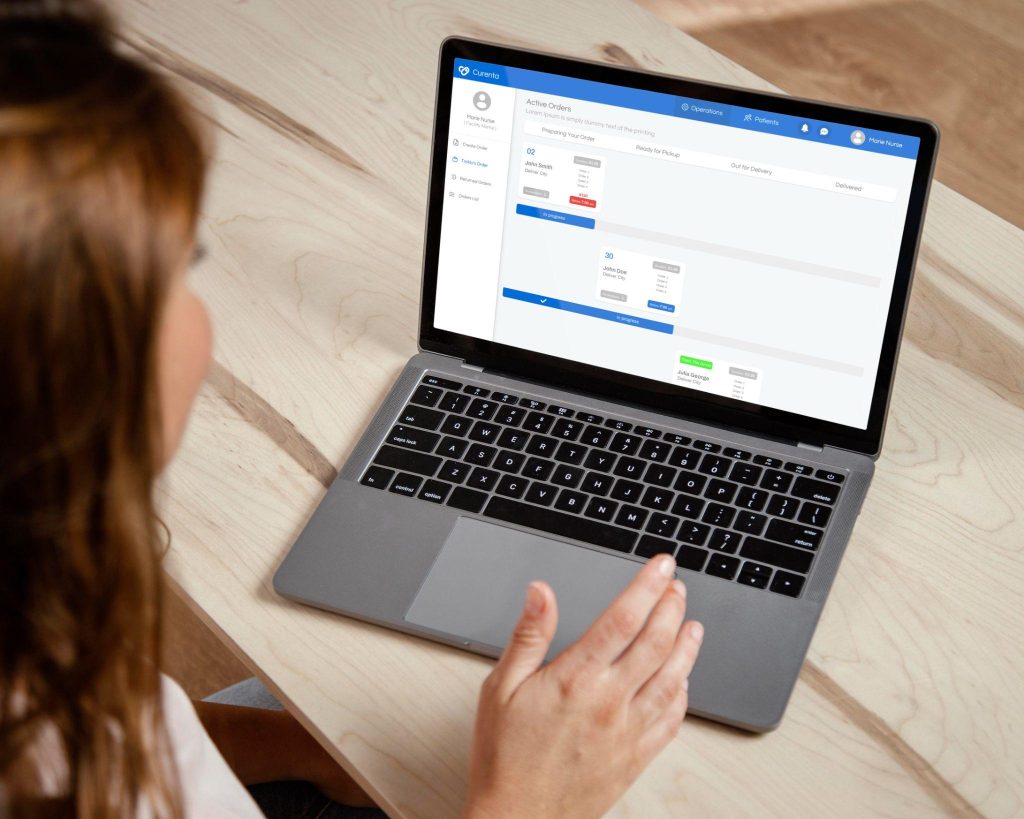Welcome to our comprehensive exploration of medication management in senior living communities. This article delves into the critical role of efficient and effective medication management practices, emphasizing their impact on the health and safety of residents. Join us as we examine the key aspects that make medication management a pivotal component in the caregiving process.

1. Prioritizing Safety in Medication Management for Senior Communities
The paramount importance of resident safety in senior living communities cannot be overstated. Advanced technological solutions like electronic medication administration records (eMARs) and barcode scanning significantly mitigate medication errors. This technology ensures the precise delivery of medications – the correct drugs, dosage, and timing – thereby substantially reducing the risk of adverse drug events and enhancing resident safety.
2. The Role of Efficiency in Senior Care
Efficiency in medication management goes beyond mere organizational benefit; it is a vital aspect of effective senior care. The utilization of eMARs allows for a streamlined process in handling medication information. By minimizing the reliance on manual methods such as paper charts, healthcare staff can allocate more time and attention to direct resident care, enhancing the overall care experience.
3. Compliance in Senior Living Medication Management
Compliance with medication regulations is a critical component in senior living facilities. Streamlined medication management aids in accurate tracking and documentation of medication administration. This is not only crucial for resident safety but also integral for meeting industry standards, ensuring regulatory compliance, and averting legal issues.
4. Enhancing Communication and Collaboration
Effective medication management necessitates seamless communication and collaboration among healthcare professionals, including doctors, nurses, pharmacists, and residents. The adoption of integrated electronic systems facilitates this by enabling secure and prompt sharing of information. Such enhanced communication aids in informed decision-making and coordinated care, thereby improving health outcomes for residents.
5. Impact on Quality of Life
Efficient and accurate medication management directly correlates to an improved quality of life for residents. Proper administration of medications leads to a decrease in medication-related issues, fostering better overall health. Consequently, this contributes to a heightened sense of well-being and satisfaction among residents, underscoring the positive impact of effective medication management in senior living communities.
In conclusion, streamlining medication management processes is essential for a myriad of reasons in senior living communities. It is crucial for ensuring resident safety, improving operational efficiency, maintaining compliance, facilitating effective communication, and ultimately enhancing the quality of life of seniors. By implementing streamlined processes and leveraging technological advancements, senior living communities can achieve the highest standards of care for their residents.
Interested in Learning More?
If this article has piqued your interest in the intricate workings of senior living facilities, we invite you to delve deeper. Our collection of articles covers a wide range of topics, including how to streamline operations in assisted living facilities, innovative approaches in medication management, and the integration of technology in healthcare settings. These resources are designed to provide you with comprehensive insights and practical tips for enhancing the efficacy and quality of care in senior living communities.
Explore our extensive library of articles and stay informed about the latest trends and best practices in senior healthcare. Your journey towards optimizing assisted living operations and elevating resident care through advanced medication management and technology starts here.

